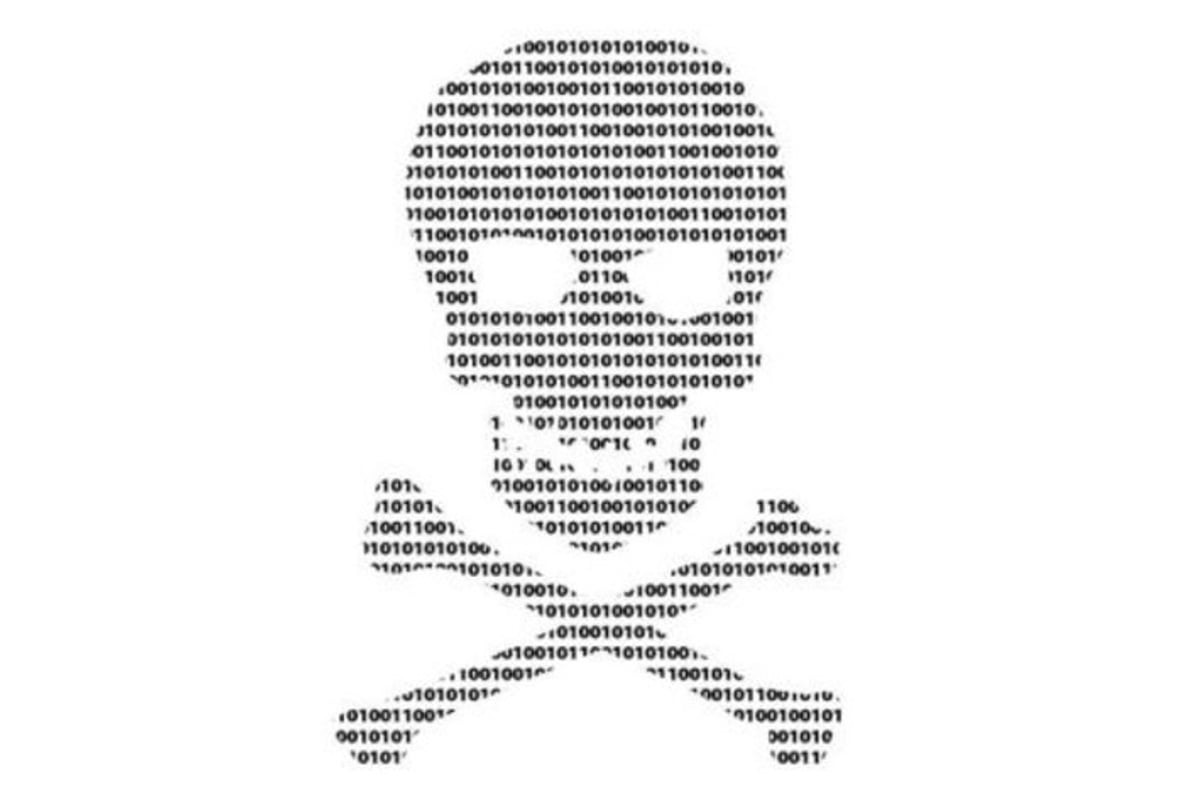Local Bill to block ’pirate’ sites will be passed

A Bill that will force ISPs to block ‘pirate’ sites fromAustralia is likely to be passed before the end of the month.
The Senate's Legal and Constitutional Affairs Legislation Committee has today released its reportinto theCopyright Amendment (Online Infringement) Bill 2015, AKAthe anti-piracy code.
The report recommends that parliament pass the bill, following a few changes. While most of the changes are minor, it does outline recommended criteria for a judge to take into account before granting a site-blocking injunction.
If the Bill is passed, which looks very likely, rights holders, such as artists, labels or music publishers, can apply for a federal court order that will force an ISP to block its customers from accessing an infringing website. The site’s primary purpose must be to infringe copyright or facilitate copyright infringement.
The criteria currently listed in the bill are:
- the flagrancy of the infringement or facilitation of infringement of copyright;
- whether the online location makes available or contains directories, indexes or categories of the means to infringe, or facilitate an infringement of, copyright;
- whether the owner or operator of the online location 'demonstrates a disregard for copyright generally';
- whether access to the online location has been disabled by court orders of other countries or territories on copyright infringement or related grounds;
- whether disabling access to the online location is a proportionate response in the circumstances;
- the likely impact of granting the injunction on any person or class of persons;
- whether it is in the public interest to disable access to the online location;
- whether the copyright owner has given the notifications required under subsection 115A(4) (see below); and
- any other remedies available under the Act, other matters prescribed by regulations under the Act, or any other relevant matter.
“The bill complements these objectives by ensuring there is fair protection of the rights of content creators while balancing other competing interests in the online environment,” said Minister for Communications Malcolm Turnbull. “This will be achieved by ensuring copyright holders have access to an effective remedy without unduly burdening carriage service providers or unnecessarily regulating the behaviour of consumers.”
Should the issue between the ISP and the infringing websitego to court, the Committee recommends the ISP“would not be liable for any costs of court proceedings unless it chose to appear and take part in the proceedings.”
The Committee also recommend "a requirement to post a landing page at the blocked online location, specifying that the relevant online location has been blocked by a court order and outlining details of that order".
The Committee has asked for a review of the Bill two years after it becomes law.
Interestingly, included in the memorandum is a dissenting report by The Greens, which warns the Bill won’t combat piracy.
Senator Scott Ludlam of the Australian Greens said the Bill is the “latest in a long line of misguided attempts by the government to monitor, control and censor the Internet.”
“[The Bill] does not address the underlying cause of online copyright infringement: The continual refusal of offshore rights holders to make their content available in a timely, convenient and affordable manner to Australians.”






























